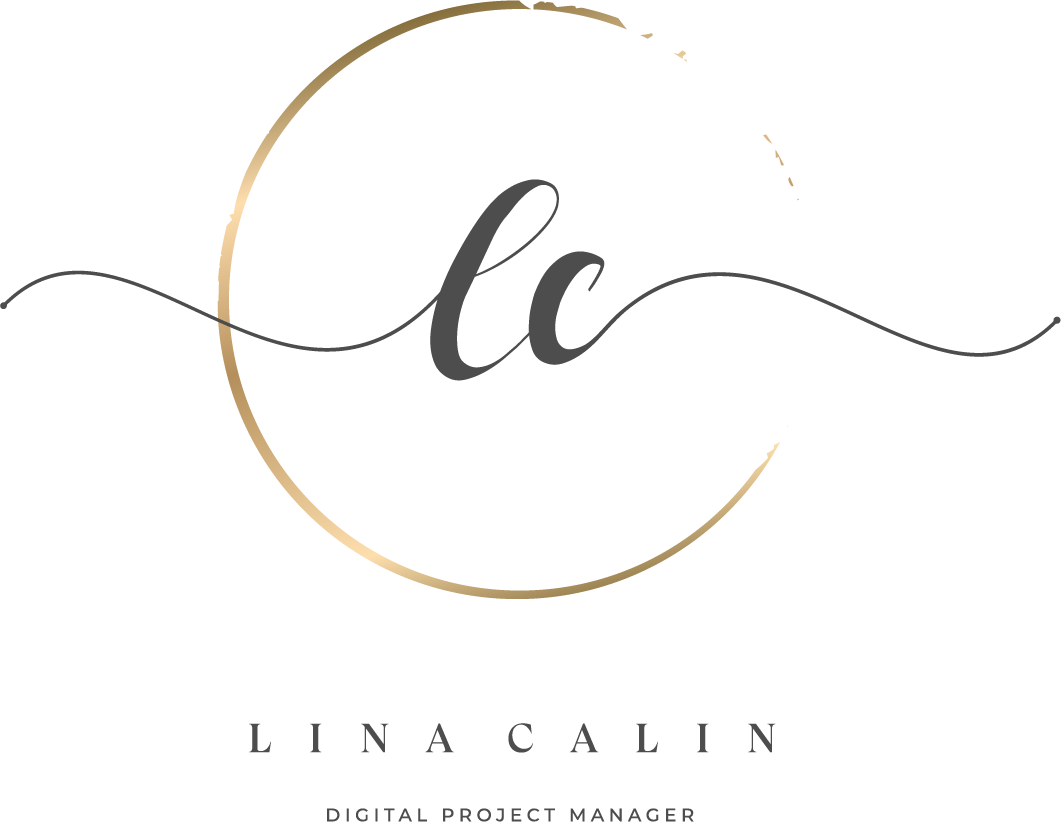Have you ever found yourself in an echo chamber at work—you look around and everyone thinks like you, talks like you, looks like you, and problem-solves the way you do? While this might make for a very comfortable environment in which to go about your day, it does not create one that is conducive to innovation, creativity, or truly effective problem-solving.
The technology industry is a pretty homogenous world. This isn’t a big secret, but it’s something that no one really likes to talk about. But we have to first acknowledge our problems if we want to address them or challenge them. Fostering diversity on our teams and in our companies is becoming more and more important. When individuals have the freedom to identify and express themselves authentically, workplace satisfaction improves, creativity flourishes, problem-solving becomes faster, more dynamic, and more productive, and whole teams find that they function and perform better.
Now this may seem like a dream, but it is neither fantastical nor unrealistic. Organizations all over the world are implementing changes to build more diverse and inclusive workplaces and they offer lessons for others to follow, pitfalls to avoid, and best practices to emulate. And that means that regular people like you and I can follow in those footsteps and help make our workplaces more inclusive and welcoming of diversity. It’s going to be uncomfortable, but it’s going to be so worth it and will only benefit you, your teams, your projects, your company, and your clients.
Read more at Coax
